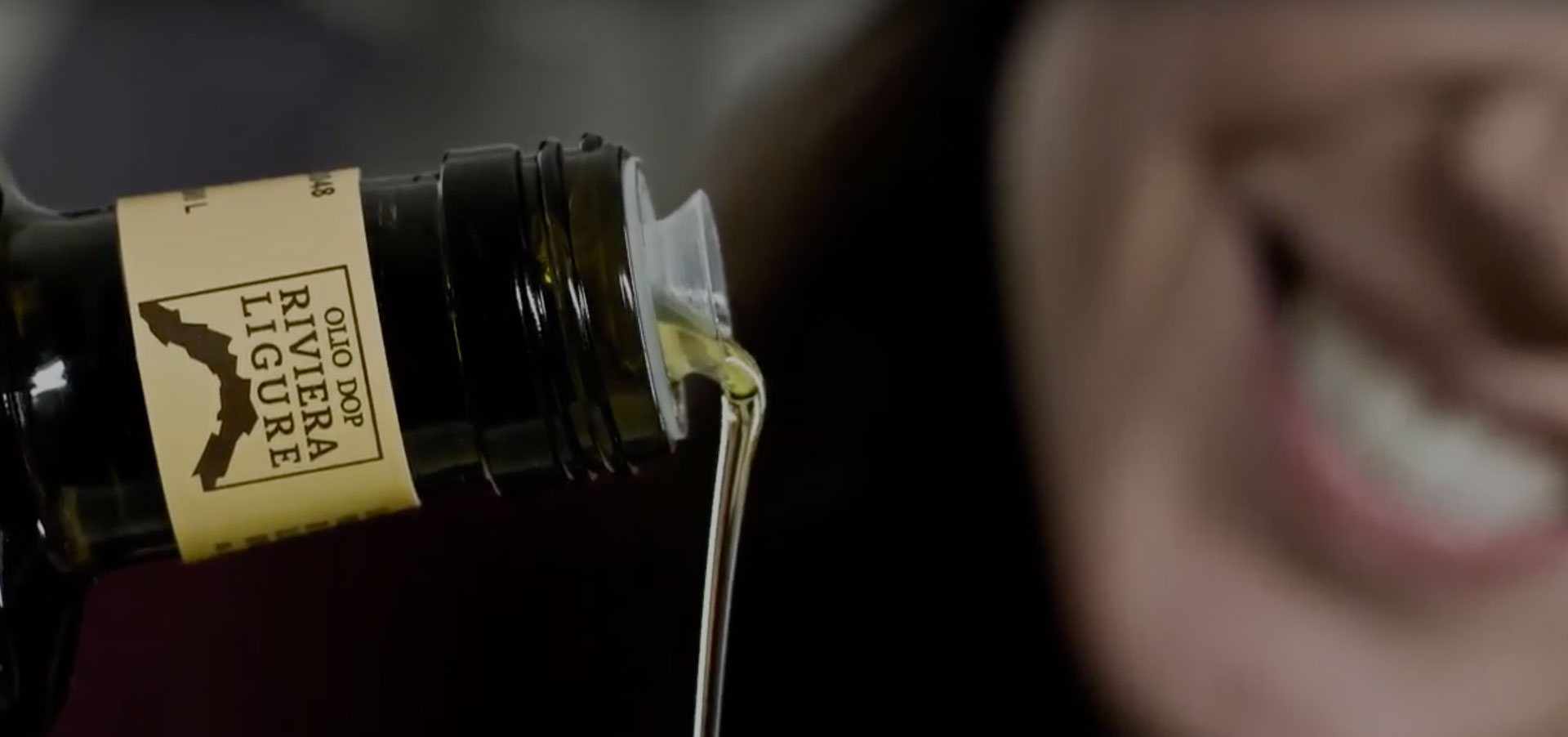
Are PDO (Protected Denomination of Origin) and PGI (Protected Geographical Indication) products assets to exploit or are they the diamond tip and engine of the entire Italian agroalimentary sector? This is the question that has been the common thread of the roundtable – moderated by Corriere del Mezzogiorno journalist Antonio Fiore – which was held yesterday afternoon at Villa Domi in Naples during the annual meeting of AICIG, the Italian Association of Geographical Indication Consortia, in the presence of representatives of government agencies, the consortium system and large distribution.
The debate focused on the role of designations and the leverage that they exercise on the appeal of our products as well as the economic impact of Geographic Indications: the picture that emerges is that of a sector with good vitality, sustained by the interest of large retailers, the catering industry in excellent Italian food products and the efforts of those engaged in the promotion and protection of those products. PDO and PGI sales amount to about 6.5 billion euros at wholesale – about 38% of the total value of sales of agricultural products and foodstuffs recorded at the EU level and nearly double that of France – and about 12 billion euros at retail, of which 8.5 billion from domestic consumption and the rest exported, primarily to the European Union. These values have increased with respect to the previous year, despite the crisis.
The proceedings were opened by the host Domenico Raimondo, President of the PDO Mozzarella di Bufala Campana Consortium, who organized the day along with AICIG.
Next, there was a speech by the Director General for Quality of MIPAAF (Ministry of Agricultural, Food and Forestry Policies), Stefano Vaccari: “We’re no longer talking about a niche industry, but something that involves a number of players that makes designations a market of primary importance. For once, we can say that we are a pioneer and leader in Europe. Even recent Community legislation is based on concepts already established in Italy (role of consortia, ex-officio protection)”.
Next, there was a presentation by AICIG President Giuseppe Liberatore: “AICIG is working side by side with MIPAAF and the European Parliament in the battle for greater protection of geographical indications. But we are also trying to encourage the growth of less structured sectors by urging comparisons and collaborations with the large consortia. The organization of meetings such as today’s, where we can start discussions between the various players in the industry, can have a positive impact on designations.”
The discussion continued with the Director of the PDO Mozzarella di Bufala Campana Consortium, Antonio Lucisano, who stressed that, “the market often does not perceive the value of the specificity linked to the DOP and the consortia are having difficulties in explaining the complex and costly control system”.
The Coop Italia Manager for Typical Products, Sergio Soavi and the Despar Italia Brand Product Manager, Simone Pambianco, spoke about the relationship between private labels and PDO and PGI products: “We have to lay our cards on the table,” Soavi said, “and work with a co-marketing point of view for our mutual benefit”. “The Despar group is present in 32 countries,” Pambianco said, “and it is a great vehicle for the distribution of PDO and PGI products abroad, even through the “premium” line that promotes them”.
There was even the chef’s point of view, in this case that of Michelin two-star chef Gennaro Esposito, who emphasized the importance of the ingredients in ensuring quality, especially when it comes to DOP and IGP products. Finally, a focus on exports with the Director of the Italian Trade Commission’s food and wine office, Roberto Lovato, who pointed out that the worldwide demand for Italian products is growing, also thanks to modern communication tools through which even foreign consumers abroad can find information about the specificity of our products.
The meeting was concluded by the Chairman of the Agriculture Committee of the European Parliament Paolo De Castro, who focused on the state of health of the agroalimentary production areas and stressed that Europe’s commitment to the protection of quality production is constant. “The European Parliament is working hard and well, as evidenced by the results of the “Quality Package”. Even in this difficult period, the agroalimentary sector is alive and well: in just the early months of 2013, there was a 12% increase over 2012, which was already a record year with turnover of 32 billion euros. But in Italy we are very good at shooting ourselves in the foot: we recall all those initiatives, such as the De.Co.(Communal designations) marks, which conflicted with Community law and only created confusion in the market. We need to develop and invest in Community designations.” “Our job, De Castro continued, is now to focus on filling in the regulatory gaps that impede the protection of products also outside the EU: in the coming weeks, we will have an important opportunity to intervene in major markets, thanks to the opening of the new trade negotiations that will involve the European Union, on the one hand, and the United States and Canada on the other.”



